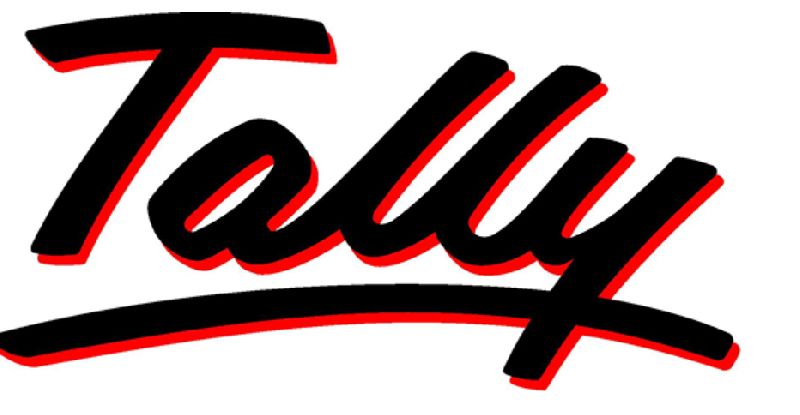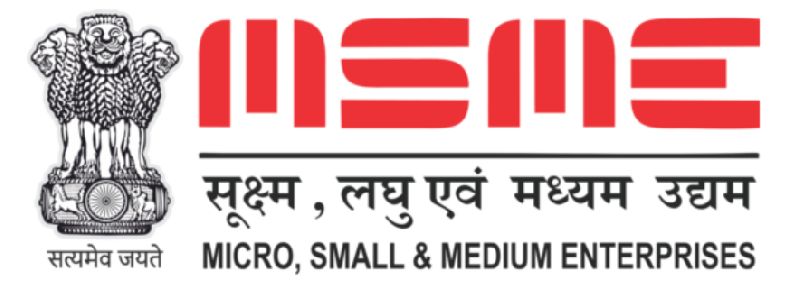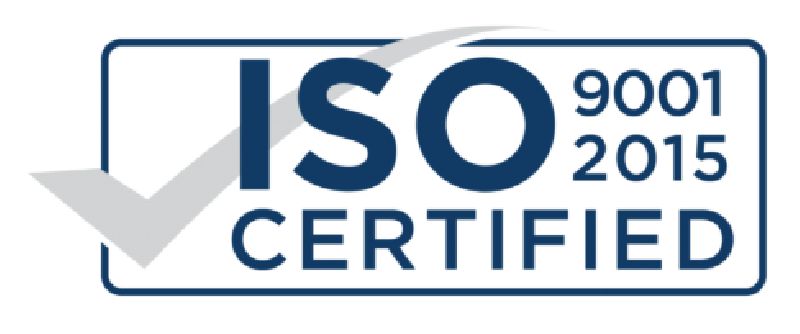
Passed 10+2 (Higher Secondary) or equivalent from a recognized board
Minimum age: 16 years
Maximum age: No upper limit
Introduction to Fire Technology
History of fire services
Basic concepts of fire: triangle, classes of fire
Combustion principles
Fire Prevention and Protection
Fire detection and alarm systems
Portable fire extinguishers: types and usage
Sprinklers, hydrants, and hose systems
Basic Physics and Chemistry of Fire
Heat transfer methods
Chemical reactions in fire
Flammable substances and their properties
Industrial Safety Management – I
Safety principles and risk assessment
Causes of industrial accidents
Personal Protective Equipment (PPE)
First Aid and Emergency Procedures
Basic first aid techniques
CPR and burn treatment
Evacuation and rescue procedures
Communication Skills / Technical English
Fire service terminology
Report writing and logbook maintenance
Communication during emergencies
Fire Fighting Equipment and Maintenance
Operation and maintenance of fire extinguishers
Pumps, hoses, and fire engines
Equipment inspection and servicing
Industrial Hazards and Control
Mechanical, electrical, and chemical hazards
Safety signs and color codes
Hazardous material handling
Occupational Health and Hygiene
Workplace environment factors
Health effects of exposure (heat, chemicals, noise)
Ergonomics and hygiene practices
Fire Services Organization and Management
Structure of fire departments
Duties and responsibilities of fire personnel
Recordkeeping and drills
Environmental Safety
Pollution types (air, water, noise)
Environmental protection laws (basic overview)
Sustainable practices in industry
Workshop / Practical Training
Live demonstrations (fire extinguishers, hoses)
Drill and mock evacuation
Site visit report or project work

Course Code : M-ITIMM01

Course Code : M-ITIMM02

Course Code : M-ITIEVM01
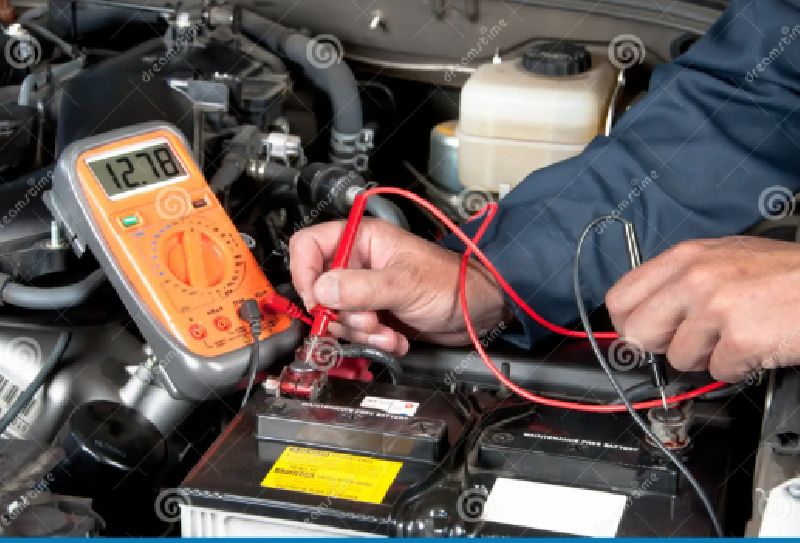
Course Code : M-ITIEVM02

Course Code : M-D-MLT01

Course Code : M-D-MLT02

Course Code : M-ITIADS01

Course Code : M-ITIADS02

Course Code : M-DHSI01

Course Code : M-DHSI02

Course Code : M-ITIDM01

Course Code : M-ITIDM02

Course Code : M-ITIDMC01

Course Code : M-ITIDMC02

Course Code : M-DBM01

Course Code : M-DBM02

Course Code : M-DFD01

Course Code : M-DFD02

Course Code : M-CFT01

Course Code : M-CFT02

Course Code : M-ADCA01

Course Code : M-ADCA02

Course Code : M-DHM01

Course Code : M-DHM02

Course Code : M-HM01

Course Code : M-HM02

Course Code : M-DRM01

Course Code : M-DRM02

Course Code : M-PTT01

Course Code : M-PTT02
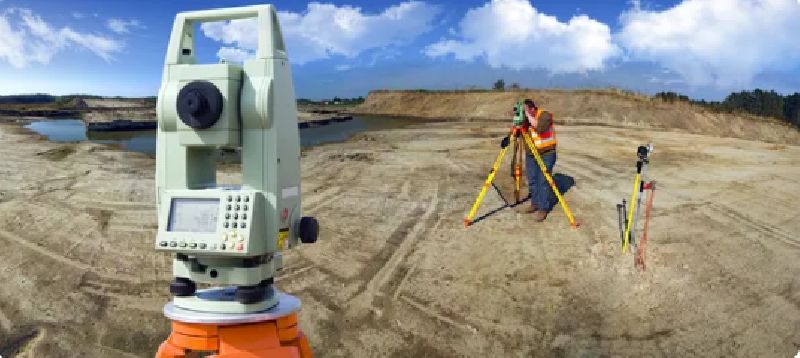
Course Code : M-ITISP01
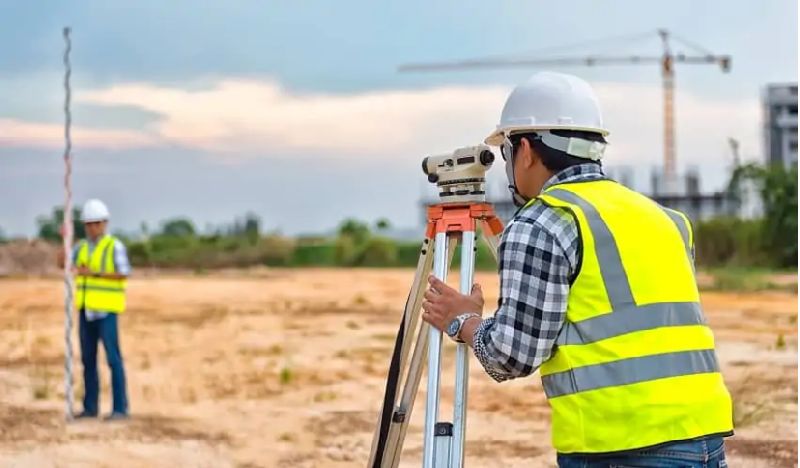
Course Code : M-ITISP02

Course Code : M-CMS01

Course Code : M-CMS02
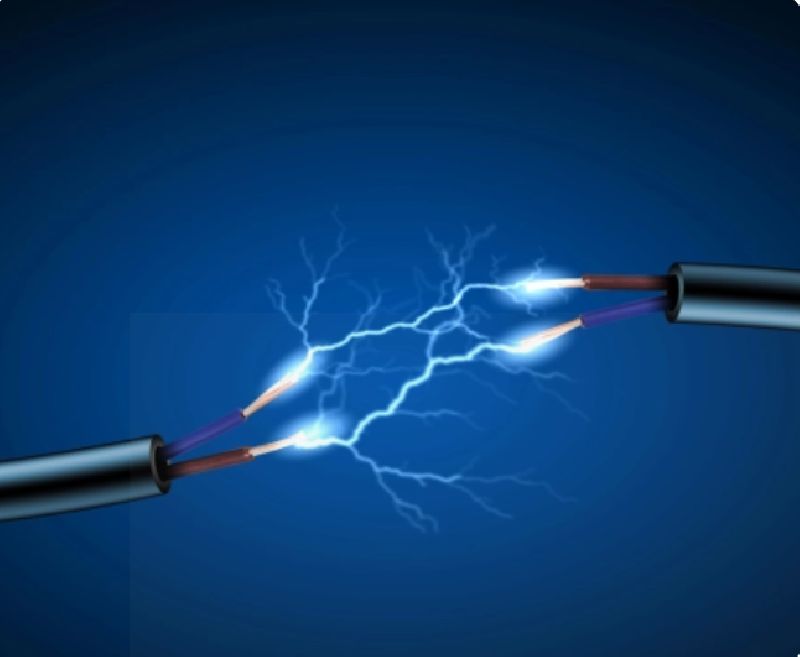
Course Code : M-ITIE01

Course Code : M-ITIE02

Course Code : M-ITIEN01

Course Code : M-ITIEN02

Course Code : M-ITIF01

Course Code : M-ITIF02
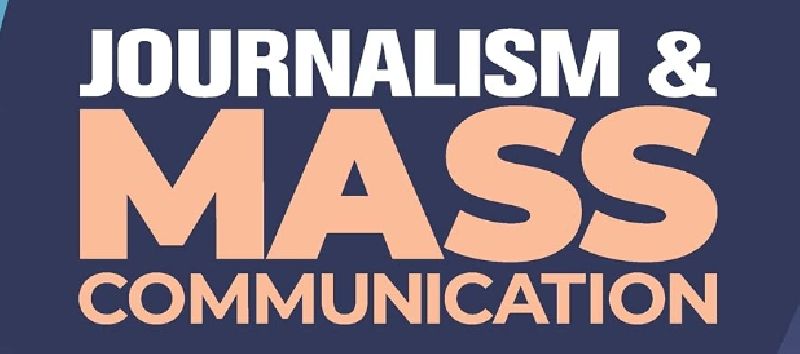
Course Code : M-DJMC01

Course Code : M-DJMC02
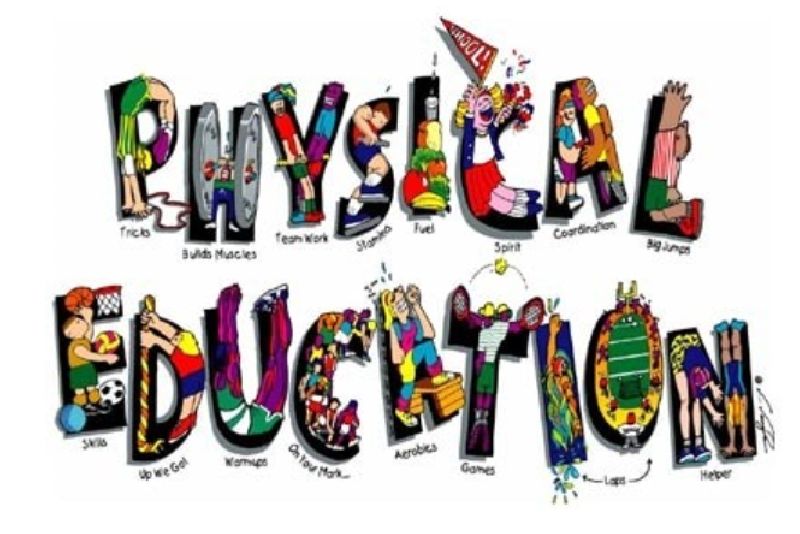
Course Code : M-DPE01

Course Code : M-DPE02

Course Code : M-CMSED01

Course Code : M-CMSED02

Course Code : M-NTT01

Course Code : M-NTT02

Course Code : M -01

Course Code : M-02

Course Code : M-03

Course Code : M-04

Course Code : M-05

Course Code : M-07

Course Code : M-08

Course Code : M-09

Course Code : M-10

Course Code : M-11

Course Code : M-12

Course Code : M-13

Course Code : M-14

Course Code : M-15

Course Code : M-16
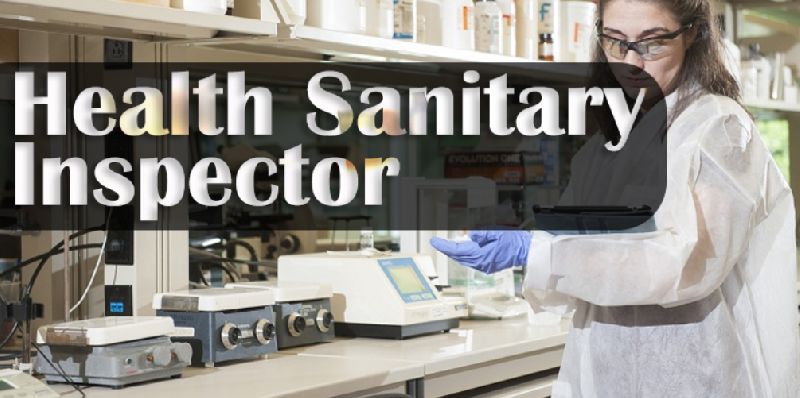
Course Code : M-17

Course Code : M-18

Course Code : M-19

Course Code : M-20
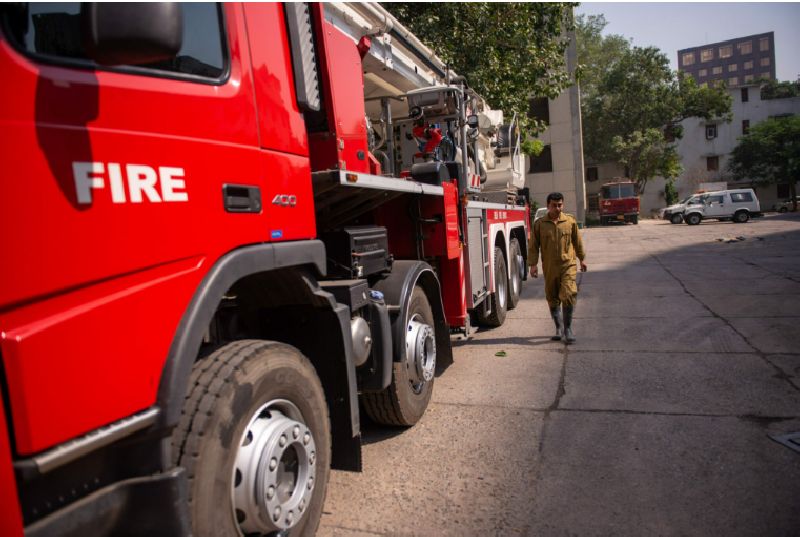
Course Code : M-21
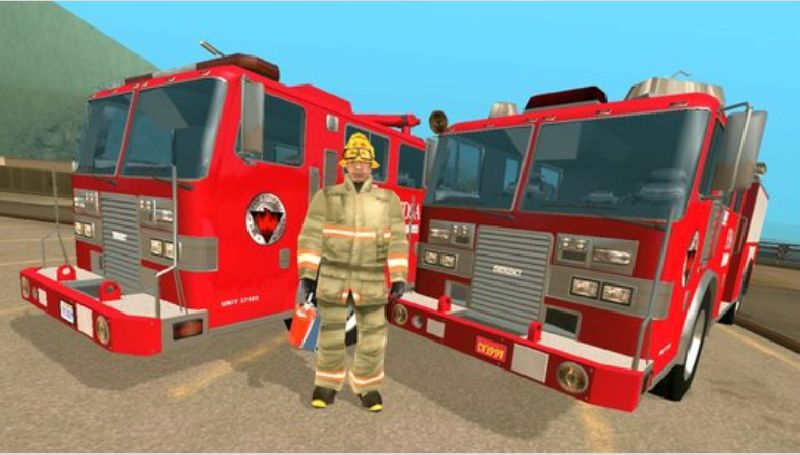
Course Code : M-22

Course Code : M-23

Course Code : M-24

Course Code : M-25

Course Code : M-26

Course Code : M-27

Course Code : M-28

Course Code : M-29

Course Code : M-30

Course Code : M-31
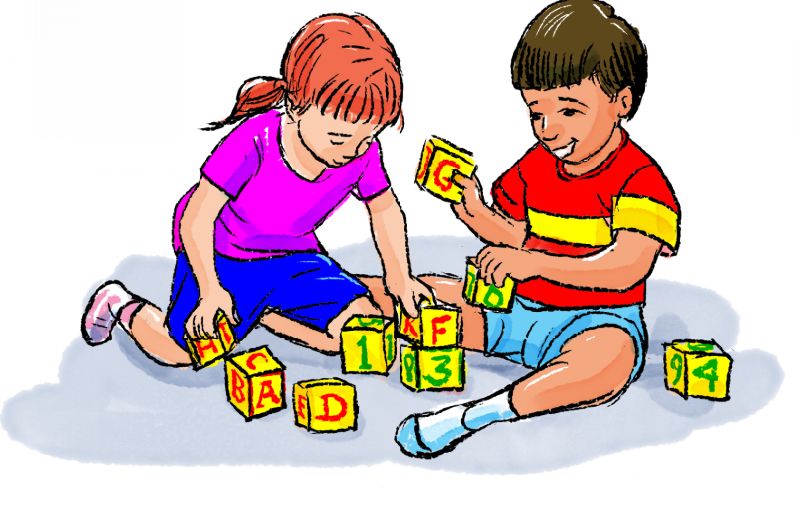
Course Code : M-32

Course Code : M-33

Course Code : M-34

Course Code : M-35

Course Code : M-36

Course Code : M-37

Course Code : M-38
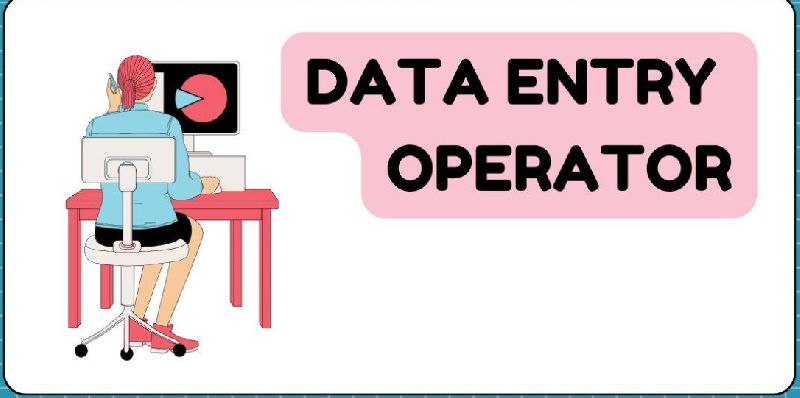
Course Code : M-39

Course Code : M-41
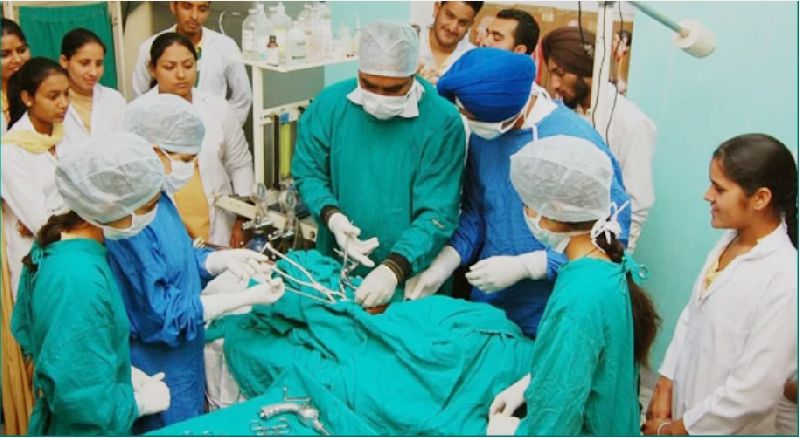
Course Code : M-42

Course Code : M-43
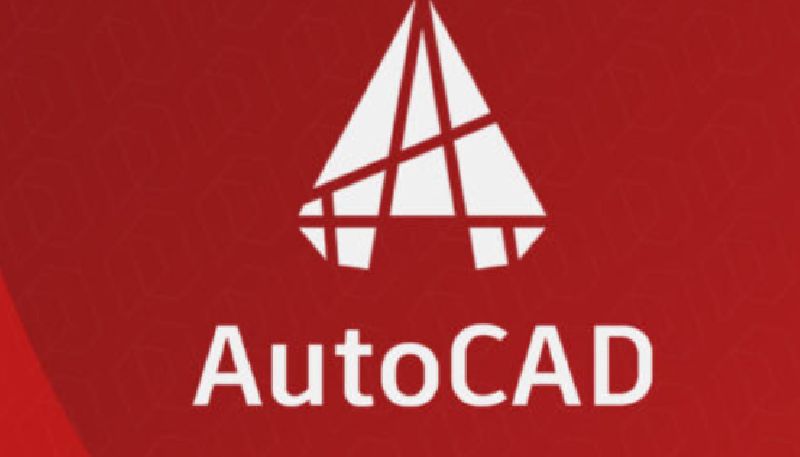
Course Code : M-44

Course Code : M-45

Course Code : M-46

Course Code : M-47

Course Code : M-48

Course Code : M-49
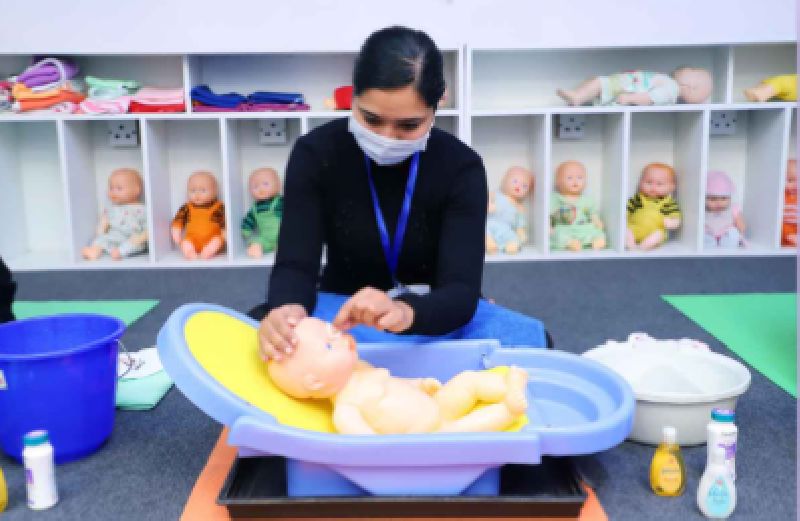
Course Code : M-50
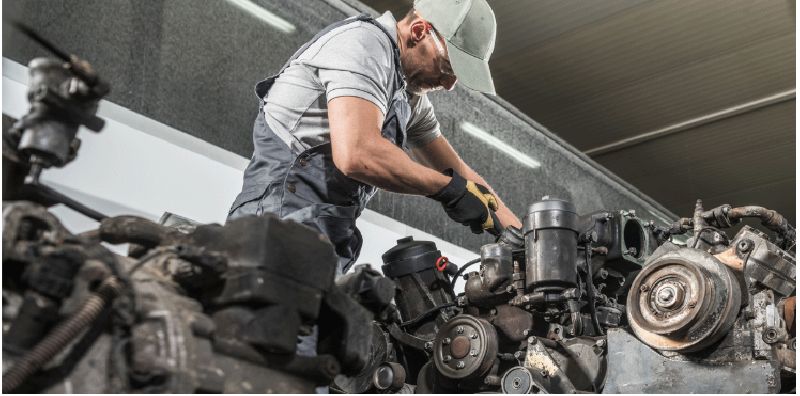
Course Code : M-51

Course Code : M-52

Course Code : M-53

Course Code : M-54

Course Code : M-55

Course Code : M-56

Course Code : M-57

Course Code : M-58

Course Code : M-59

Course Code : M-60

Course Code : M-61

Course Code : M-62

Course Code : M-63

Course Code : M-64

Course Code : M-65

Course Code : M-66

Course Code : M-67


